When it comes to vaccinations in childhood there are a fair few to receive. After pre-school boosters they do not usually receive another routine injection until 12 years old, but they are offered the nasal flu spray yearly. If the Government extend Covid scheduling to include 5- to 11-year-olds it will be the first time many children have received an injection that they can remember.
Normally vaccinations are given in schools in surroundings which are familiar. For their covid vaccinations they are in unfamiliar surroundings being vaccinated by people they have never seen before for a disease that has had a massive impact on their life, education, and social development. Also, the staff vaccinating may have more experience in vaccinating and interacting with adults, but it is importance to always show confidence to help to put the child at ease as your anxieties may rub off on them. Therefore, it is understandable that there will be hesitancy of the unknown for the child and vaccinator.
We have put together a list of the top five things to consider when vaccinating a 5- to 11-year-old.
- Ensure you have obtained consent from the person with parental responsibility. Ensure they are aware of the following:
- Which vaccine is being administered and why?
- What the most common side-effects are and how to treat them
- When to seek medical assistance
- Ask them if they have had breakfast. This will give you an idea of how they might feel post-vaccination. If they have not eaten, they might feel a bit dizzy or sick. It is also quite a good icebreaker with young children!
- It always helps if the parent/carer is relaxed too. Children adapt to their surroundings so if adults are stressed and scared it will impact them.
- Ask the child about their interests and try to build a rapport with them. If you can get them talking about their interests it helps them to relax and distracts them from the procedure.
- Do not force them to have the vaccine! If they are very upset and you cannot safely vaccinate. Do not vaccinate! They can always try again at a different time. It is not advisable for a child to be restrained by a parent/carer for a vaccination. This just adds to the anxiety and fear of injections.
Children love rewards! So, if you have any stickers or certificates they can pick before the injection it gives them something to work towards and look forward to!
Should you like more information, ECG have online courses available for help in dealing with needle phobic patients and vaccinating patients with learning disabilities
It is not yet part of the routine vaccination programme for children aged 5 to 11 to have injections. The experience they have of this vaccine will impact how they feel about future vaccinations.
So, let’s make it a good one!
Written by Jodie Convey RSCN, Clinical Development Manager, ECG Training, Thursday 6th January 2022













